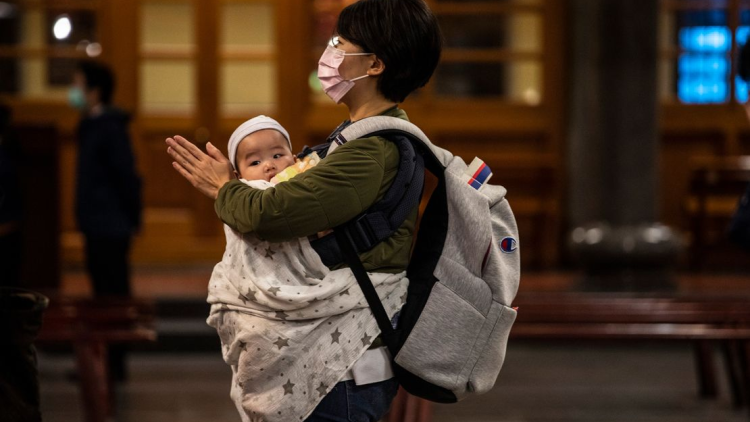
When independence meets reality: Symbolic and pragmatic politics in Taiwan

Key information
- Date
- Time
-
3:30 pm to 5:00 pm
- Venue
- SOAS Main Building
- Room
- R301
About this event
In this event, we are delighted to have Dr. Theodore Charm join us to discuss how Taiwanese voters approach the independence issue - symbolically or pragmatically - and the key factors shaping their preferences.
In Taiwan, where relations with China define the major political cleavage, voters have distinct preferences on the issue of independence. Do Taiwanese favor a symbolic or pragmatic approach to the Taiwan independence issue? What are the factors that account for their political preferences?
We identify two types of voters, symbolic and pragmatic, according to whether their preferences on independence are conditional or unconditional on China’s potential counter actions. Specifically, symbolic voters have unconditional preferences on independence, while pragmatic voters are more agreeable to independence under more favorable conditions.
Using multiple wave data from the Taiwan National Security Surveys (TNSS 2002-2022), we investigate the individual- and macro-level factors and find that gender, age, education level, ethnicity, partisan strength, and economic growth rate shape the types of voters in Taiwan. This paper contributes to the study of political attitudes in Taiwan, and have important implications on the regional stability in East Asia.
Image via Getty Images by XtockImages
Meet our speaker
Dr Theodore Charm
Theodore Charm graduated from the University of Texas at Austin with a Ph.D. in Government. His research interests include contentious politics, politics of East Asia, and computational text analysis. His work has appeared in Journal of Contemporary China, Party Politics, and Political Research Quarterly, among others. He is a SOAS alumni, graduating on our MA Taiwan Studies in 2015



